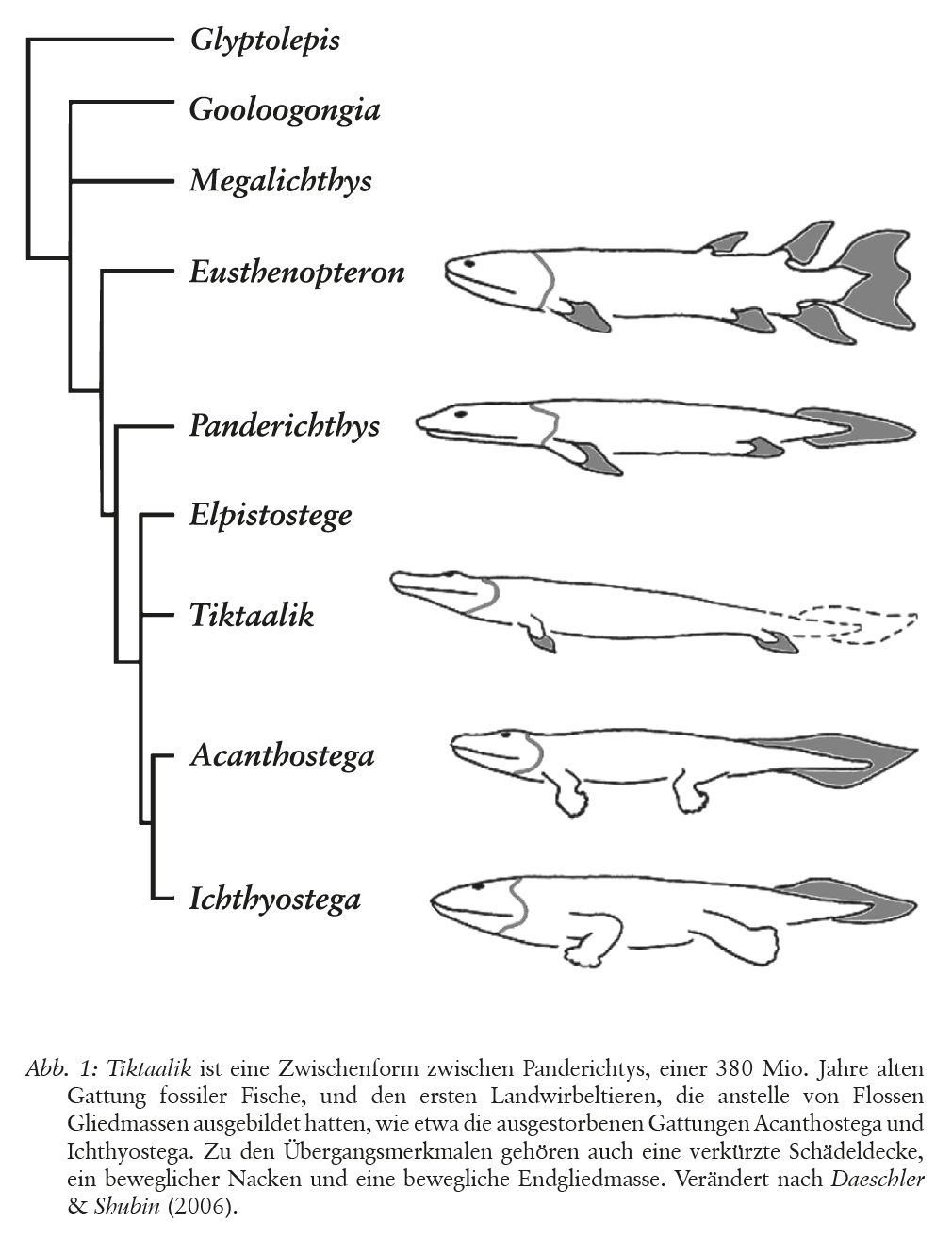Karl Popper als Hüter der Wissenschaftlichkeit – und warum er nicht immer Recht hat
Export Article Citation as
- Plain text
- BibTeX
- RIS format
- Download price : € 6.00
Abstract:
Karl Popper (1902–1994) promoted the idealistic claim of dynamically advancing scientific progress through the recognition of the preliminary nature of all knowledge. For him, the application of the falsifying method was the criterion for the demarcation of the empirical sciences from dogmatic systems whose validity is based on subjective convictions. According to Popper, theories that refer to processes that can be experienced but not reproduced – such as Darwin’s theory of evolution – cannot contribute to the acquisition of objective scientific knowledge. Nevertheless, the explanatory value of this theory for the most diverse empirically verifiable findings is so great that no competing theory has been able to establish itself to date. Moreover, it enables predictions that – although highly improbable – lead to successful results. These examples show that falsification as the sole criterion of demarcation against pseudoscientific approaches excludes other acknowledged and indispensable scientific methods such as a systematic culture of observation and the concise description of singular events, and in this respect can justifiably be criticised.
